Activity Provider of this plan
- Hobby / Cultural experience Traditional culture experience Ninja & Samurai experience Traditional culture experience Tea ceremony experience Calligraphy experience Cosplay photo shooting Entertainment Sightseeing tour/Guided tour Strolling tours / Walking tours Japanese Castles / Castle Ruins Ticket
Selling points regarding safety
Japanese swords are handled by a master with 10 years of swordsmanship experience, who will instruct you before you try out the sword.
| Insurance information | We are planning to take out sports insurance and insurance in case of injury to our customers, but we are currently preparing for the opening in February. |
|---|---|
| License and Qualifications | Iaido 4th Dan or above |
| Number of staff | 15 people |
| Number of instructors | 5 people |
SAMURAI HONOR handling plan list
Osaka Castle/Kyoubashi/Eastern City popular plans
Ninja & Samurai experience Search from area
Find other experiences in neighboring areas
JPY
~
(with tax)
![[OsakaCastle] Hands-on class to learn Bushido/Harakiri & Zen with photoの紹介画像](https://img.activityjapan.com/10/52660/10000005266001_lpXgdgDW_4.jpg?version=1741684323)
![[OsakaCastle] Hands-on class to learn Bushido/Harakiri & Zen with photoの紹介画像](https://img.activityjapan.com/11/52660/11000005266002_0NLp2Urf_4.jpg?version=1741684326)
![[OsakaCastle] Hands-on class to learn Bushido/Harakiri & Zen with photoの紹介画像](https://img.activityjapan.com/11/52660/11000005266003_xEnFGyJR_4.jpg?version=1741684329)
![[OsakaCastle] Hands-on class to learn Bushido/Harakiri & Zen with photoの紹介画像](https://img.activityjapan.com/11/52660/11000005266004_0NLp2Urf_4.jpg?version=1741684332)
![[OsakaCastle] Hands-on class to learn Bushido/Harakiri & Zen with photoの紹介画像](https://img.activityjapan.com/11/52660/11000005266005_D5jXugqR_4.jpg?version=1741684366)
![[OsakaCastle] Hands-on class to learn Bushido/Harakiri & Zen with photoの紹介画像](https://img.activityjapan.com/11/52660/11000005266006_D5jXugqR_4.jpg?version=1741684368)
![[OsakaCastle] Hands-on class to learn Bushido/Harakiri & Zen with photoの紹介画像](https://img.activityjapan.com/11/52660/11000005266007_D5jXugqR_4.jpg?version=1741684370)
![[OsakaCastle] Hands-on class to learn Bushido/Harakiri & Zen with photoの紹介画像](https://img.activityjapan.com/11/52660/11000005266008_D5jXugqR_4.jpg?version=1741684374)
![[OsakaCastle] Hands-on class to learn Bushido/Harakiri & Zen with photoの紹介画像](https://img.activityjapan.com/11/52660/11000005266009_D5jXugqR_4.jpg?version=1741684378)
![[OsakaCastle] Hands-on class to learn Bushido/Harakiri & Zen with photoの紹介画像](https://img.activityjapan.com/11/52660/11000005266010_D5jXugqR_4.jpg?version=1741684409)
![[OsakaCastle] Hands-on class to learn Bushido/Harakiri & Zen with photoの紹介画像](https://img.activityjapan.com/11/52660/11000005266011_D5jXugqR_4.jpg?version=1741684412)
![[OsakaCastle] Hands-on class to learn Bushido/Harakiri & Zen with photoの紹介画像](https://img.activityjapan.com/11/52660/11000005266012_D5jXugqR_4.jpg?version=1741684416)
![[OsakaCastle] Hands-on class to learn Bushido/Harakiri & Zen with photoの紹介画像](https://img.activityjapan.com/11/52660/11000005266013_0NLp2Urf_4.jpg?version=1741684420)
![[OsakaCastle] Hands-on class to learn Bushido/Harakiri & Zen with photoの紹介画像](https://img.activityjapan.com/11/52660/11000005266014_0NLp2Urf_4.jpg?version=1741684423)
![[OsakaCastle] Hands-on class to learn Bushido/Harakiri & Zen with photoの紹介画像](https://img.activityjapan.com/11/52660/11000005266015_D5jXugqR_4.jpg?version=1741684456)
![[OsakaCastle] Hands-on class to learn Bushido/Harakiri & Zen with photoの紹介画像](https://img.activityjapan.com/11/52660/11000005266016_D5jXugqR_4.jpg?version=1741684492)
![[OsakaCastle] Hands-on class to learn Bushido/Harakiri & Zen with photoの紹介画像](https://img.activityjapan.com/11/52660/11000005266017_D5jXugqR_4.jpg?version=1741684527)
![[OsakaCastle] Hands-on class to learn Bushido/Harakiri & Zen with photoの紹介画像](https://img.activityjapan.com/11/52660/11000005266018_0NLp2Urf_4.jpg?version=1741684529)
![[OsakaCastle] Hands-on class to learn Bushido/Harakiri & Zen with photoの紹介画像](https://img.activityjapan.com/11/52660/11000005266019_D5jXugqR_4.jpg?version=1741684532)
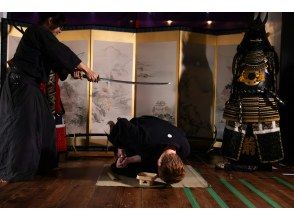
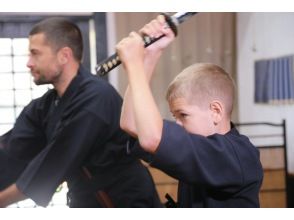
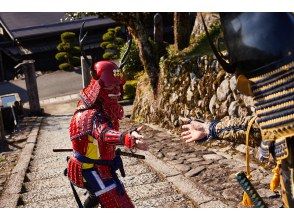
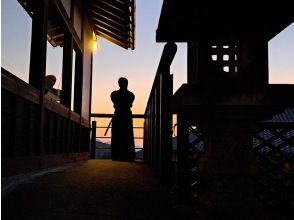
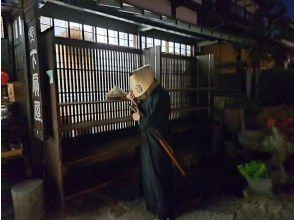
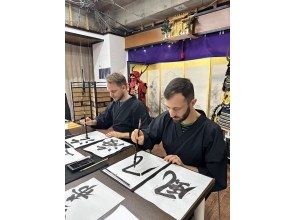
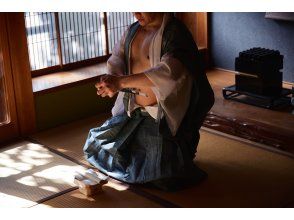
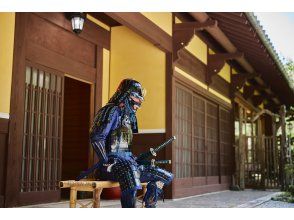

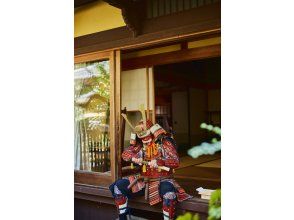
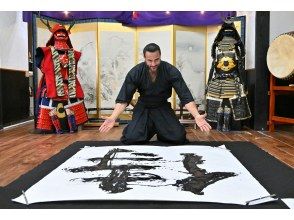

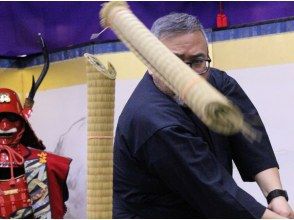
![[By Osaka Castle] Hands-on class to learn Bushido & Zen with photo](https://img.activityjapan.com/10/52543/10000005254301_2gpir8pD_2.jpg?version=1741009862)
![[By Osaka Castle] Cutting with Samurai Sword & Shooting with Armor](https://img.activityjapan.com/10/52626/10000005262601_yvTwbz4o_2.jpg?version=1741028103)
![[Osaka Castle] Samurai Calligraphy Final brushstrokes of a lifetime](https://img.activityjapan.com/10/52953/10000005295301_HtGsUIL6_2.JPG?version=1756631822)
![[By Osaka Castle] Learning Zen of Japanese Beauty Calligraphy in kimono](https://img.activityjapan.com/10/52954/10000005295401_tZ6oHRSy_2.jpg?version=1755587042)
![[Night Time] Zen of Japanese Beauty Calligraphy in kimono](https://img.activityjapan.com/10/60712/10000006071201_tZ6oHRSy_2.jpg?version=1756744146)
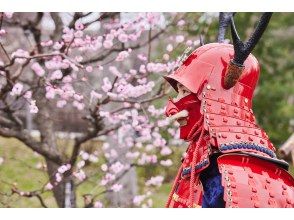
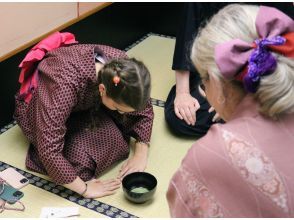
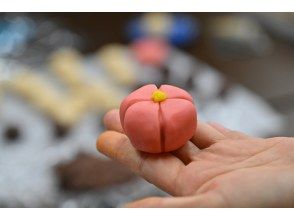
![[Osaka Tamatsukuri] Children can also enjoy! Glass Cloisonne Accessory Production Experience](https://img.activityjapan.com/10/29823/10000002982301_lT7cRWSJ_2.jpg?version=1714544162)
![[Osaka] Overseas: 3-day diving license course at an authentic Maldives resort](https://img.activityjapan.com/10/61500/10000006150001_7F4Gg5bJ_2.JPG?version=1762403831)
![[Osaka, Sakuranomiya] Kayak Tour of the Water City of Osaka - Paddle-Down Dotonbori Course (4.5 hours, 15km, for experienced kayakers)](https://img.activityjapan.com/10/60933/10000006093301_J5j74MD2_2.jpeg?version=1758124922)
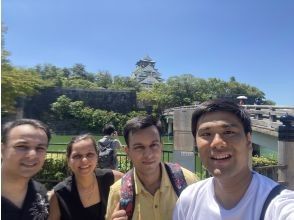
![[Osaka Castle • Karahori Shopping Street] Sightseeing and Food Tour <4-hour course>](https://img.activityjapan.com/10/60458/10000006045801_Y3a1XSFH_2.jpg?version=1756785190)